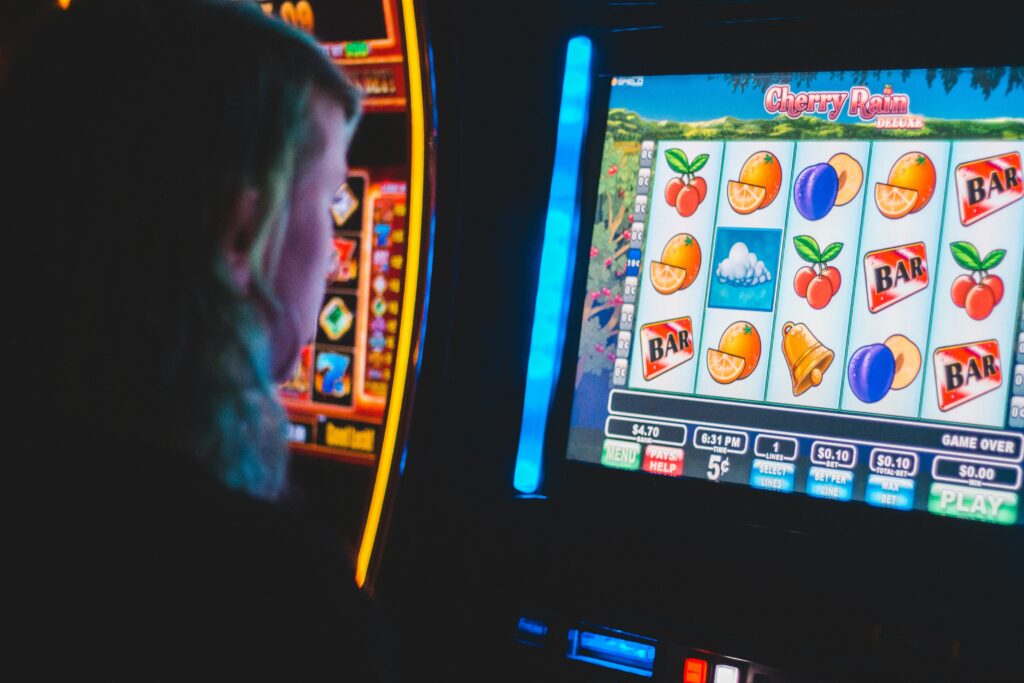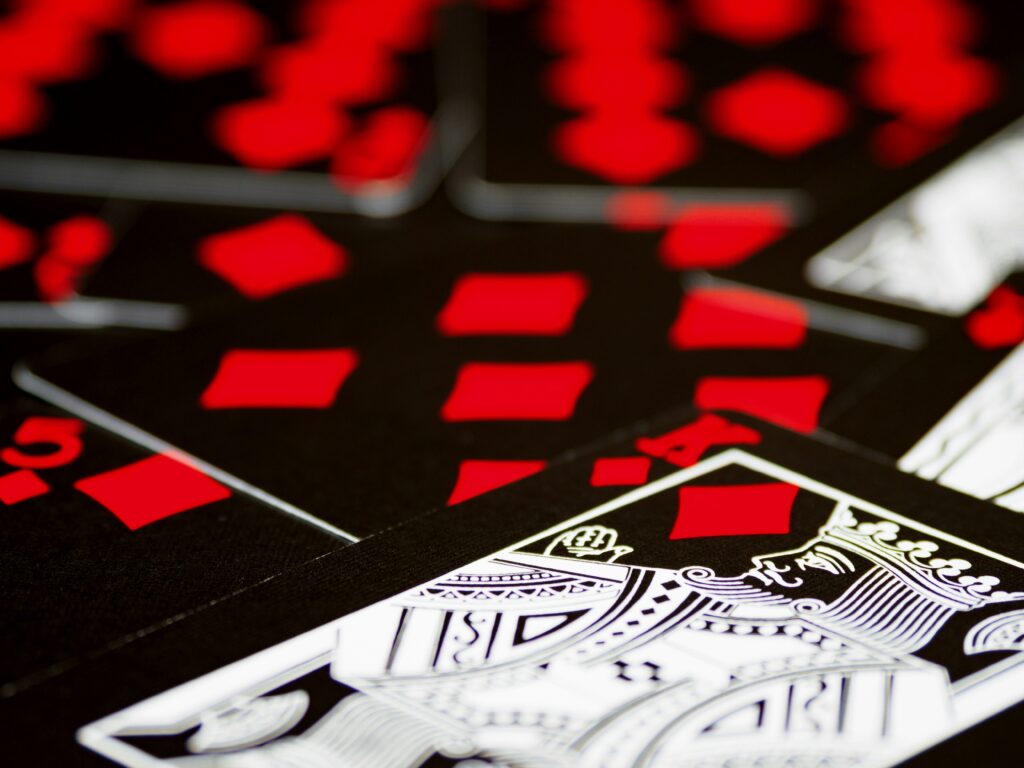Introduction: Betting Beyond the Stereotypes
Betting gets a bad reputation—and sometimes, it earns it. The stories that make headlines are usually the cautionary ones: lives unraveled, savings lost, the spiral that starts with a “harmless flutter.” But that’s not the whole picture.
For every story of collapse, there are quieter ones of reinvention. People who learned to navigate the risk, who treated betting as a set of odds to manage, not a fantasy to chase. The duality is real. Betting can break people. It can also wake them up. Some use it as a discipline builder, a mirror for their impulses, or even leverage for a bigger life pivot.
This piece isn’t about promoting gambling—or excusing its darker edges. It’s a perspective shift. Betting is a tool, not a savior. Like all tools, what matters is how it’s used. The most overlooked stories are the ones where people took control: not just of wagers, but of themselves. And those are worth telling.
The Unexpected Uplift: Stories of Positive Change
Most people don’t associate a life turnaround with placing a bet. But in a few rare cases, sharp thinking and sheer discipline have turned small wagers into stepping stones for something bigger.
Take Jeremy, a 34-year-old software developer, who lost his job during a mass layoff. He had savings, but not much time to coast. Instead of panicking, he applied the same logic skills he used in coding to sports betting. He built a modest bankroll—from an initial $200 to over $12,000 in eight months. That wasn’t his final goal, though. Jeremy used the money to prototype a fantasy sports analytics app, landing VC interest and co-founding a startup that now employs six people.
Then there’s Mia, a college student drowning in debt, watching interest pile up while juggling part-time jobs. She didn’t shoot for the moon, just planned each bet with the same care she used when budgeting. Over two years, her slow but steady wins covered tuition and books. When she graduated debt-free, it wasn’t luck—it was math and judgment.
What threads connect these outliers? Strategy. Restraint. Timing. Each had a clear objective beyond the bet. They planned, adapted, and knew when to stop. Betting wasn’t the escape; it was the mechanism to help them reach something else. These aren’t fairy tales. They’re reminders that, when wielded well, even a risky tool can build something lasting.
Life Lessons from Wins and Losses
Betting isn’t just about numbers—it’s a battle of the mind. At its core, responsible betting requires emotional discipline. That means knowing when to walk away, when to hold back, and when your ego is trying to play the game instead of your strategy.
Transformed bettors consistently say the same thing: patience changes everything. The rush wears off, but understanding your limits—that sticks. Once they started viewing bets less like chances and more like calculated risks, the chaos quieted. It became less about chasing a win and more about testing their control.
Losses taught more than victories ever could. They forced reflection, recalibration. Winning can feel like validation, but losing—done right—builds resilience. It teaches you to take the emotion out of the outcome. Wiser bettors learned to treat their bankroll like capital, not lifeblood.
In the end, they didn’t just become better at betting. They became more deliberate in how they made decisions everywhere else—more measured, more self-aware. Betting became a mirror, and they learned to face what looked back.
The Role of Community and Tech
Betting today isn’t just about placing a wager and walking away. The modern landscape is smarter—and built with more guardrails than ever. Platforms are starting to shift from fast cash grabs to long-term user trust. That’s why more of them now lead with education and transparency. They’re publishing clearer odds, offering risk calculators, and building learning centers into their apps.
But it’s not just what the platforms provide—it’s what the bettors are building. Forums and blogs have evolved into real-time knowledge networks. Pick discussions, bankroll tracking, odds comparisons—these communities hand out more than tips. They teach you how to think.
At the same time, new tools have stepped in to help people take control. Want to set betting limits? Track your emotional patterns? Forecast your risk tolerance? There are dashboards for that. The goal isn’t to stop betting—it’s to do it better. Long-term, not reckless. Intentional, not impulsive.
For a deep dive into tech and community tools that support smarter betting, visit BetVlogHub.
Cautionary Tales: Knowing the Line
Not every story ends on a high note. For every tale of a well-timed bet that turned things around, there’s one where it spiraled out of control. There’s the graphic designer who made a five-figure win on an MMA parlay—then lost triple that chasing more. Or the retiree who started with small football wagers and ended up selling off personal belongings to fund the next ticket.
These aren’t rare outliers. They’re reminders. The line between fun and fixation gets blurry fast, especially when the early wins boost confidence and hide the risks. That’s the tipping point—when betting shifts from being a calculated decision to a compulsive reflex. You start talking about it less with friends. Hiding losses. Logging in not for strategy, but for escape.
The tools to catch it early are there: most legit platforms let you set deposit limits, freeze accounts, and track time spent. If things feel off, talk to someone. Reach out to resources like GamCare, the National Council on Problem Gambling, or local support networks. No bet is worth losing your grip on the bigger picture.
Turning things around doesn’t start with luck. It starts with honesty.
Betting as a Catalyst, Not a Crutch
For some, betting is the spark—not the fuel. It lights up possibilities: knocking down debts, funding a side hustle, or finally starting that long-postponed business. These aren’t pipe dreams when approached with structure. The people who make this shift don’t rely on luck—they use betting as one tool among many. A well-timed win might help clear a loan or bankroll their first month of inventory, but that’s just the opening move.
The truth is, nobody builds lasting independence on a string of high-risk bets. The ones who last know this. They treat betting like a limited resource, not a lifestyle. They plan. Budget. Diversify. When betting is just one part of a broader strategy—involving savings, income streams, and long-term planning—it has the potential to push things forward without taking over.
So the question isn’t whether betting can help you get ahead. It’s this: if it does, what happens next? Without a bigger plan, even success ends up aimless. With one, a moment becomes momentum.
Final Thoughts: Real Change Starts with the Better, Not the Bet
Key Takeaways from Real Transformations
Behind every transformative story is a core set of themes that go beyond luck. These stories reveal not just the outcomes of betting, but the mindset and tools that shaped those outcomes. Some of the most powerful lessons include:
- Calculated risk over blind chance
Success stories weren’t fueled by rash decisions. They came from informed, intentional actions.
- Self-awareness as the foundation
Those who saw real change had a clear understanding of their limits, motivations, and goals.
- Smart tools and strategies
From using habit-tracking apps to engaging with transparent platforms, tech played a crucial role in shaping sustainable paths.
Risk Is Inevitable—But Not Wasteful
Whether the outcome is positive or painful, betting always involves risk. What separates a life-changing decision from a regret is how that risk is handled.
- Are you betting impulsively or intentionally?
- Are you tracking your patterns or ignoring them?
- Are you betting to escape—or to build?
Risk doesn’t disappear—but it can be managed, understood, and even used as a tool for growth.
Bet on Yourself First
The real power of these stories isn’t in the bet—it’s in the better. Betting, at its best, becomes a catalyst for broader ambition: launching a dream, escaping debt, mastering discipline.
- Believe in your ability to make smart moves
- Use betting as one option—not the whole plan
- Build toward goals that matter beyond the winnings
Real change doesn’t come from one win. It comes from growing through every outcome.
This award-winning analysis brings real-world insight into how betting—done responsibly—can impact people’s lives. It’s not about glamorizing it. It’s about understanding it.


 Victoria specializes in exploring the intersection of technology and betting. At BetVlogHub she crafts in-depth articles that highlight how digital tools, platforms, and AI are shaping the future of the betting industry, making her a trusted voice in the community.
Victoria specializes in exploring the intersection of technology and betting. At BetVlogHub she crafts in-depth articles that highlight how digital tools, platforms, and AI are shaping the future of the betting industry, making her a trusted voice in the community.

